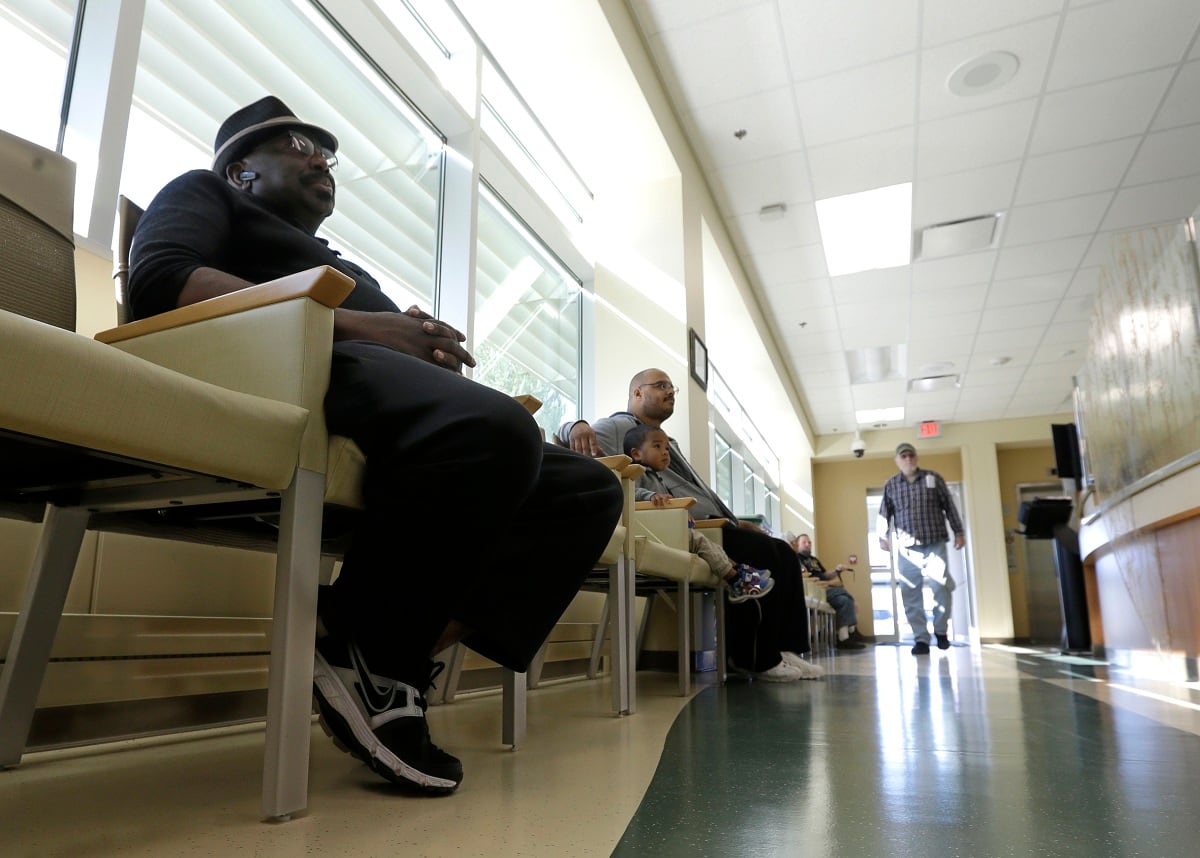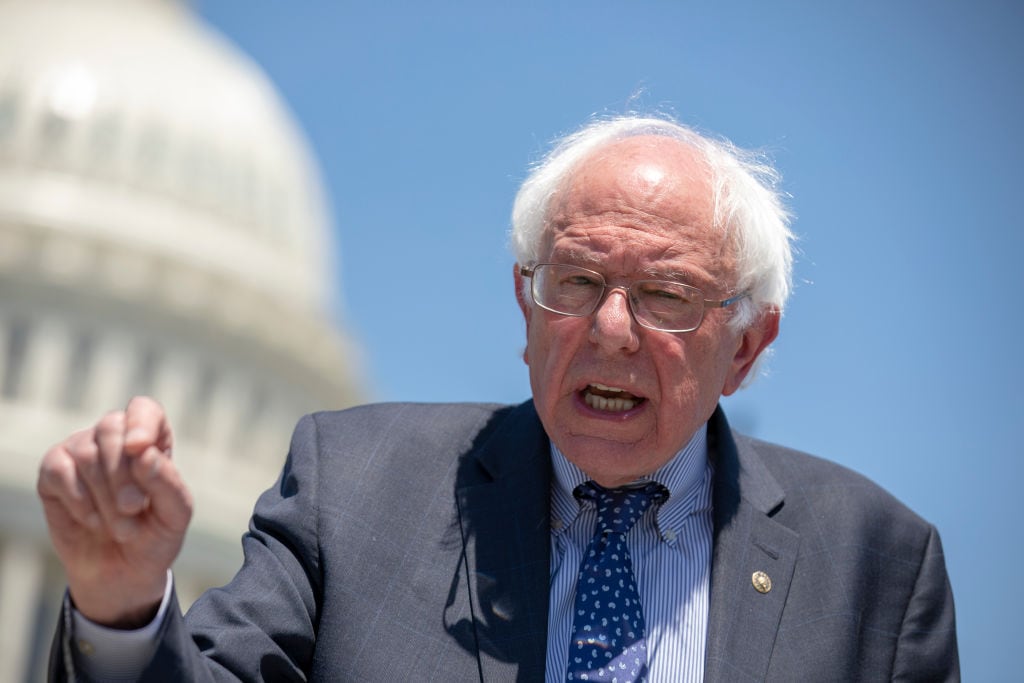WASHINGTON — Senate Veterans’ Affairs Committee members on Tuesday voted to advance the nomination of Robert Wilkie to be the next secretary of Veterans Affairs, but the move came with a symbolic and historic opposition vote against the move.
The panel by voice vote sent Wilkie’s nomination to the Senate floor, but with Sen. Bernie Sanders, I-Vt., opposing the move. It’s the first time in committee history that a member has voted against a VA secretary nominee.
Sanders, the former chairman of the committee, said he also intends to vote against Wilkie when his nomination comes to the full Senate for a vote. Since the department became a Cabinet-level agency in 1988, no senator has cast an opposition vote to the confirmation of a VA secretary nominee.
“This has less to do with Mr. Wilkie than President Trump,” Sanders said following the vote. “Trump has been very clear about his desire to move to the privatization of the VA, and I suspect any of his appointees will try and move the agency in that direction.”
RELATED

Privatization of VA has been a major point of controversy for the department in the last year. Former VA Secretary David Shulkin said it played a role in his firing in March, when he accused political operatives in the White House of working to undermine department health care by too aggressively pushing taxpayer funds into private-sector hospitals.
White House officials have called those accusations baseless, and said that providing more health care options inside and outside VA is critical to ensuring that veterans receive the best care possible.

During his confirmation hearing last month, Wilkie repeatedly promised that he was opposed to privatization of the department, but also said that partnerships with doctors outside the federal system are critical for the reliability of the department.
“I believe in the centrality of VA to care,” he said in response to a question from Sanders about privatization. “There are things that VA does that will never be replicated in the public sector.
“If we believe that the veteran is central, we can also make the argument that as long as VA is at the central node in his care … that reinforces the future of the VA.”
In response to another related question from Sanders, Wilkie this week issued a statement promising to push for “proper funding” for both VA facilities and outside, community care programs.
“VA health care should be centered around what is best for that individual veteran and should be integrated, agile and adaptive,” he said. “In some cases that requires VA medical facility care, and in other cases it requires community care.”
Wilkie, 55, is an Air Force Reserve colonel who previously spent time in the Navy Reserve. He currently works as the Pentagon’s top personnel and readiness official, and served as the acting VA secretary for two months following the firing of Shulkin.
He had received generally positive reviews from veterans groups and lawmakers before Tuesday. The committee’s ranking member, Montana Democrat Jon Tester, offered his full support for the nominee shortly after the confirmation hearing.
Following Tuesday’s vote, the White House issued a statement hailing Wilkie’s “stellar qualifications for this role” and noting that the president “remains committed to ensuring our nation’s heroes receive the care they deserve.”
No timeline has been set for the full Senate vote on Wilkie’s nomination.
If confirmed, Wilkie will be the 10th man to hold the permanent job in the last 30 years, and only the second to serve as both acting VA secretary and later as the permanent office holder.
Leo covers Congress, Veterans Affairs and the White House for Military Times. He has covered Washington, D.C. since 2004, focusing on military personnel and veterans policies. His work has earned numerous honors, including a 2009 Polk award, a 2010 National Headliner Award, the IAVA Leadership in Journalism award and the VFW News Media award.




